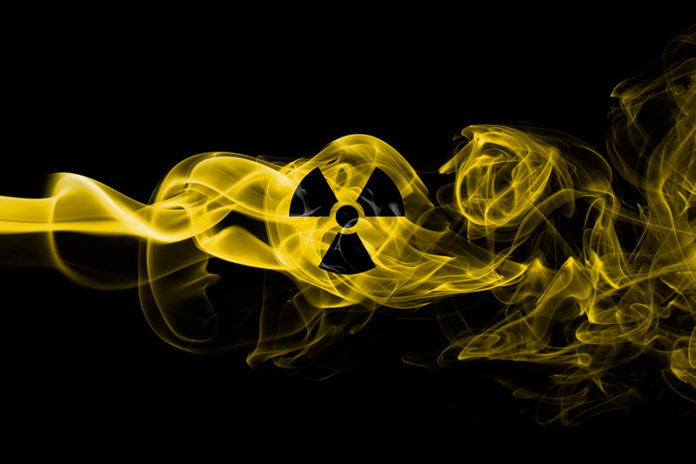Ever since Russian tanks and troops poured into Ukraine, there has been a clamor for the Biden administration to do more on the military front — establish a no-fly zone, provide fighter jets to Ukraine and even prepare to send U.S. troops into battle. The reports of Russian atrocities will increase the pressure for stronger action. But the case against U.S. escalation remains exactly as it was: irrefutable.
Ukrainian President Volodymyr Zelenskyy portrays NATO’s caution as a monumental disgrace. Rebuking the German parliament in March, he invoked the Holocaust: “Every year politicians say ‘never again.’ Now I see that these words are worthless.”
What is surprising is that even in the face of gruesome images and heartbreaking stories, Biden has rejected deeper involvement. He and most Washington policymakers understand that the only thing worse than the wanton savagery unleashed by Vladimir Putin would be the catastrophic effects of a nuclear attack. Making sure that doesn’t happen is, and should be, Biden’s highest priority.
It’s easy to say the U.S. and its allies should have stopped Adolf Hitler when he first engaged in aggression. But Hitler didn’t have doomsday weapons. Putin does. As military strategist Bernard Brodie wrote in 1946, the year after the U.S. used two atomic bombs against Japan: “Thus far the chief purpose of our military establishment has been to win wars. From now on its chief purpose must be to avert them.”
In the decades after World War II, the United States and the Soviet Union became the worst of enemies — scheming and striving against each other in every corner of the globe.
Both maintained enormous military forces. Both fought wars beyond their borders. But their relentless competition had clearly defined limits.
“At no point during the long history of the Cold War have Soviet and American military forces engaged each other directly in sustained hostilities,” wrote historian John Lewis Gaddis in 1986. Why not? Because neither was willing to take the risk that a conventional conflict would end in Armageddon. Leaders embark on wars because they think they can win. But there can be no winner in a nuclear war.
The Soviet Union is gone. But the regime that replaced it has reminded everyone what it can do. At the outset of the invasion, Putin warned that any country trying to stop him would incur “consequences such as they have never seen in their history.” Later, he said he had put Russia’s nuclear forces on alert.
What’s not clear is where his red line is located. During the Cold War, the Soviets provided arms and other aid to the North Koreans and the North Vietnamese during our wars against them. We did the same for the Afghans during the Russian occupation. Our assistance to Ukraine so far falls within the established rules of the road.
But setting up a no-fly zone would not, because U.S. warplanes would be shooting down Russian ones. Sending jet fighters to Zelenskyy would fall into a gray area — but carries the danger of pushing Putin too far.
Maybe he’s bluffing about using nukes. But maybe he’s not. The consequences of believing him and being wrong would be horrendous. But the consequences of not believing him and being wrong would be cataclysmic.
The carnage wrought by Russia in Ukraine may seem so awful that failing to do whatever is necessary to stop it amounts to a moral outrage. But the lesson of the post-World War II era is that unbearable moral outrages must sometimes be borne.
During the Cold War, the Communist rulers of the Soviet Union held half of Europe in bondage, crushing democratic movements wherever they emerged. They abused their own people, sending some 14 million to forced labor camps. The West had to accept these unconscionable barbarities rather than try to undo them and risk annihilation.
The real urgency here is finding a way to end the war through a negotiated settlement.
That inevitably will mean the world will have to ratify some illegitimate Russian gains. But there’s no good alternative. In the realm of foreign policy, the choice is often between a terrible option and a worse one.
The images of civilians who were murdered by Russian troops and left in the streets or buried in mass graves are painful to contemplate. But before we escalate in response, we should take a long look at another set of images: from Hiroshima and Nagasaki.































